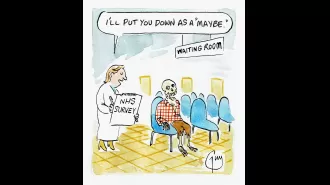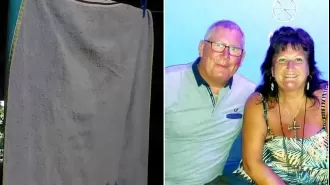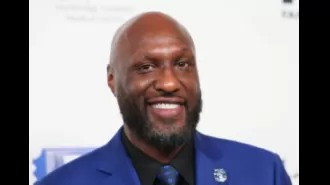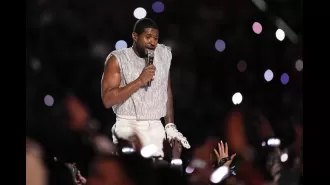The first reality show that revolutionized television 76 years ago.
This is something you probably haven't heard of.
September 20th 2024.
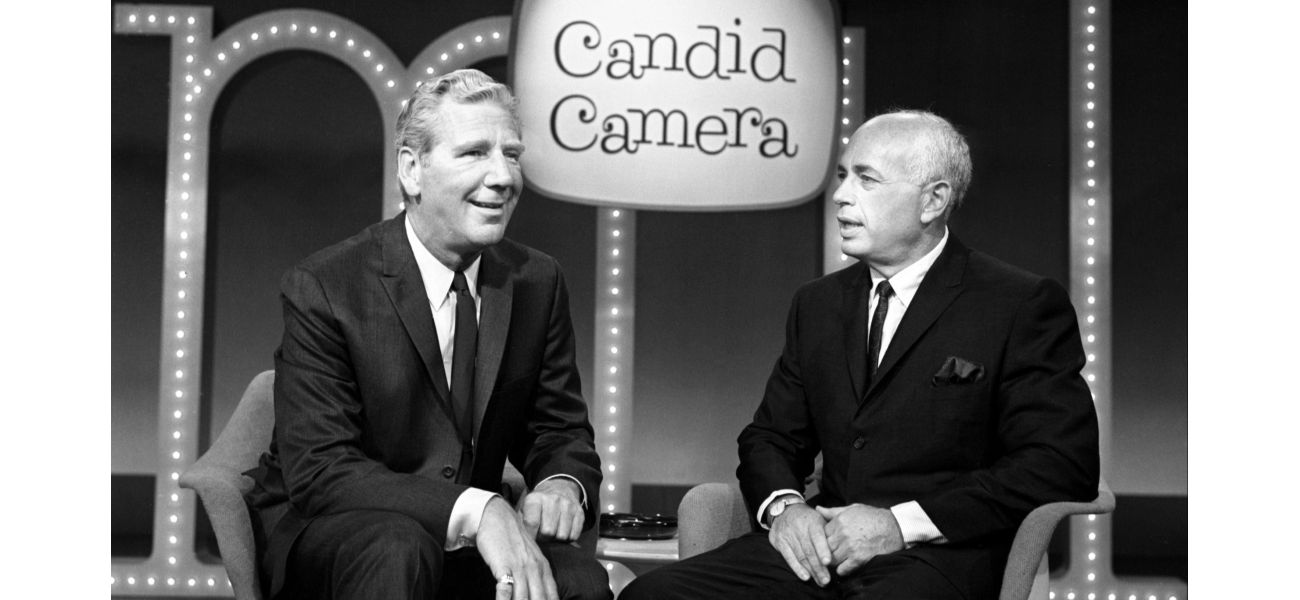
Candid Camera holds a special place in the hearts of many TV lovers. It was the show that started it all. Nowadays, you can easily spot the domination of reality TV by simply scrolling through your TV guide or browsing streaming platforms. It's a genre that seems to have no shortage of content, and it's safe to say that it has become a staple in our daily lives.
But before it became the juggernaut that it is today, the roots of reality TV were much more humble. It all began with the idea of filming "everyday people" and gradually evolved into the staged situations we see today. Candid Camera and American Family were the pioneers that paved the way for the endless variations we now have, from Towie, Big Brother, and The Housewives franchise, to the latest addition, Olivia Attwood's Bad Boyfriends.
It's hard to believe that it all started with a simple concept, but how did it all begin? Let's take a trip down memory lane and explore the shows that changed TV forever.
Candid Camera, which first aired on America's ABC in 1948, is widely considered to be the first reality TV show. However, its origins can be traced back to a radio show called Candid Microphone, which premiered a year earlier. It wasn't until it made its debut on television that it captured the attention of viewers. The series ran for many years, with its most recent episodes airing in 2014, and has achieved an impressive 1000+ episodes over 38 seasons. It has also been adapted in six other countries, with the British edition airing from 1960 to 1976.
But what exactly made this show such a success? According to the late creator Allen Funt, the comedy in Candid Camera lies in watching someone else's misfortune. It's a moment of superiority for the viewers, and it's something we can all relate to. Beyond that, the show also delved into the lives of everyday people, making it relatable and authentic. It's no wonder that it continues to be a staple in the world of reality TV.
American Family, on the other hand, is credited for birthing the genre as we know it today. This PBS show, which premiered in 1973, was the first to have no external manipulation. The concept was simple yet effective - cameras were placed in the home of an "average" American family to capture their daily lives. The 12-episode series, which was edited down from over 300 hours of footage, instantly captivated viewers. The Loud family's home life in California became the talk of the town, with 10 million people tuning in each week. It's safe to say that if Reddit existed back then, they probably would have broken the internet.
The show's producer, Craig Gilbert, initially wanted to showcase the typical middle-America household, but the unpredictable level of drama resulted in a family falling apart before our eyes. The series featured the Loud parents, Pat and Bill, who experienced marital problems, along with their five children. One of their sons, Lance, became a prominent figure in the LGBTQ+ community after coming out on the show. The family was revisited in two specials, and the final one, aired in 2003, was at the request of Lance, who had been struggling with drug addiction and HIV. He passed away the same year, leaving behind a legacy that will always be remembered.
The UK also had its own version of American Family, called The Family, which premiered just a year after the original. This time, the Wilkins family from Reading was the subject, and their working-class lifestyle was put under the microscope. Similar to the Louds, the family also faced issues in their relationships, which played out on screen. The final episode featured the wedding of their daughter, which was crashed by paparazzi and fans. The notoriety of the show even led to a parody on Monty Python.
Whether you love it or hate it, there's no denying that reality TV has become a permanent fixture in our lives. And it all started with Candid Camera and American Family, two shows that changed the landscape of television forever. Who knows what the future holds for reality TV, but one thing is for sure - we'll be watching.
But before it became the juggernaut that it is today, the roots of reality TV were much more humble. It all began with the idea of filming "everyday people" and gradually evolved into the staged situations we see today. Candid Camera and American Family were the pioneers that paved the way for the endless variations we now have, from Towie, Big Brother, and The Housewives franchise, to the latest addition, Olivia Attwood's Bad Boyfriends.
It's hard to believe that it all started with a simple concept, but how did it all begin? Let's take a trip down memory lane and explore the shows that changed TV forever.
Candid Camera, which first aired on America's ABC in 1948, is widely considered to be the first reality TV show. However, its origins can be traced back to a radio show called Candid Microphone, which premiered a year earlier. It wasn't until it made its debut on television that it captured the attention of viewers. The series ran for many years, with its most recent episodes airing in 2014, and has achieved an impressive 1000+ episodes over 38 seasons. It has also been adapted in six other countries, with the British edition airing from 1960 to 1976.
But what exactly made this show such a success? According to the late creator Allen Funt, the comedy in Candid Camera lies in watching someone else's misfortune. It's a moment of superiority for the viewers, and it's something we can all relate to. Beyond that, the show also delved into the lives of everyday people, making it relatable and authentic. It's no wonder that it continues to be a staple in the world of reality TV.
American Family, on the other hand, is credited for birthing the genre as we know it today. This PBS show, which premiered in 1973, was the first to have no external manipulation. The concept was simple yet effective - cameras were placed in the home of an "average" American family to capture their daily lives. The 12-episode series, which was edited down from over 300 hours of footage, instantly captivated viewers. The Loud family's home life in California became the talk of the town, with 10 million people tuning in each week. It's safe to say that if Reddit existed back then, they probably would have broken the internet.
The show's producer, Craig Gilbert, initially wanted to showcase the typical middle-America household, but the unpredictable level of drama resulted in a family falling apart before our eyes. The series featured the Loud parents, Pat and Bill, who experienced marital problems, along with their five children. One of their sons, Lance, became a prominent figure in the LGBTQ+ community after coming out on the show. The family was revisited in two specials, and the final one, aired in 2003, was at the request of Lance, who had been struggling with drug addiction and HIV. He passed away the same year, leaving behind a legacy that will always be remembered.
The UK also had its own version of American Family, called The Family, which premiered just a year after the original. This time, the Wilkins family from Reading was the subject, and their working-class lifestyle was put under the microscope. Similar to the Louds, the family also faced issues in their relationships, which played out on screen. The final episode featured the wedding of their daughter, which was crashed by paparazzi and fans. The notoriety of the show even led to a parody on Monty Python.
Whether you love it or hate it, there's no denying that reality TV has become a permanent fixture in our lives. And it all started with Candid Camera and American Family, two shows that changed the landscape of television forever. Who knows what the future holds for reality TV, but one thing is for sure - we'll be watching.
[This article has been trending online recently and has been generated with AI. Your feed is customized.]
[Generative AI is experimental.]
0
0
Submit Comment

